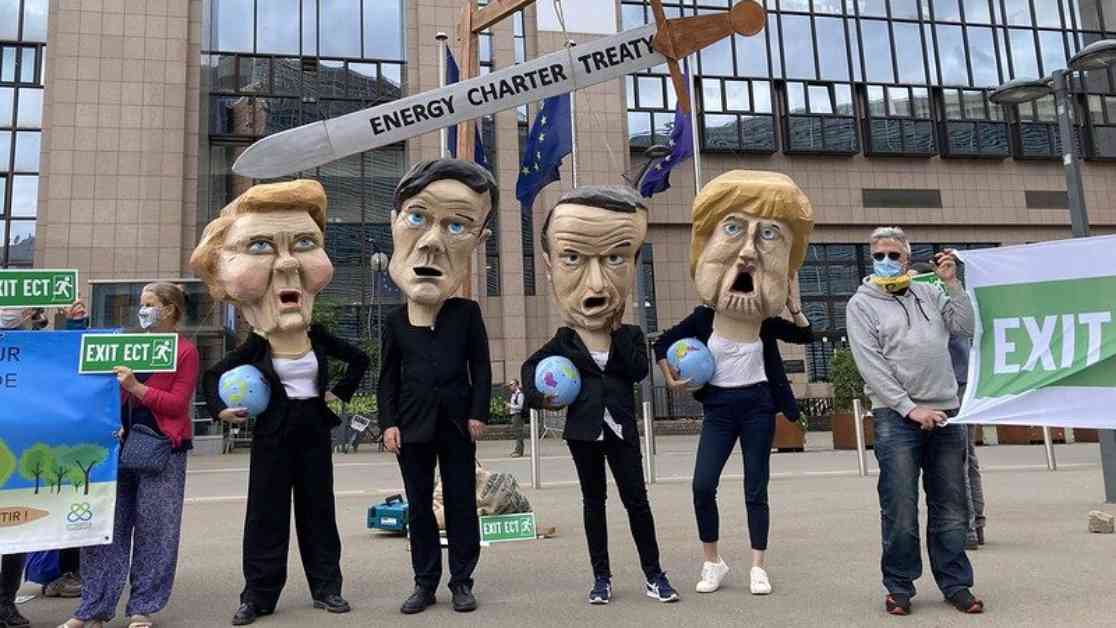Green Energy Investment Treaty Reforms Advance: Key Progress Made
The Energy Charter Treaty (ECT) reforms have taken a significant stride forward, marking a pivotal moment in the fight against climate change. The 51 governments involved have come to an agreement that will allow them to remove protections for investments in fossil fuels within their borders while maintaining support for renewable energy initiatives. This decision comes after a four-year-long effort led by the European Commission to curb the ability of fossil fuel companies to use the ECT to challenge climate policies.
Flexibility Mechanism: A Game-Changer in Energy Investment
The key reform at the heart of this development is the introduction of a “flexibility mechanism.” This mechanism empowers governments to terminate investment protection for fossil fuels while continuing to safeguard investments in renewables. As part of a compromise, European Union (EU) countries have agreed to utilize this power to cease protection for new fossil fuel investments while upholding existing protections for a decade. However, the approach other ECT member states, including the UK, Switzerland, Japan, and Central Asian countries, will take with this new authority remains uncertain.
Implications of Reform: Past, Present, and Future
The ECT, established in the 1990s to facilitate energy investments between Western and post-Soviet nations, has inadvertently become a battleground for energy companies seeking to combat climate policies. Recent lawsuits filed under the ECT, such as the British oil company suing the EU, Germany, and Denmark over a windfall tax, underscore the urgent need for reforms to align the treaty with clean energy objectives.
Despite commendable efforts by the European Commission to remove fossil fuels from the ECT’s protected investments list, the EU’s internal discord has delayed progress. The debate over staying in or leaving the treaty, coupled with concerns about the sunset clause allowing energy companies to sue governments for two decades post-exit, has created a complex landscape for decision-makers.
Path Forward: Balancing Energy Investments and Climate Goals
As EU countries navigate the modernization of the ECT and weigh their continued involvement in the treaty, the stakes are high. The agreement reached by EU states’ ministers in May 2024, brokered by the Belgian government, offers a compromise that allows governments to support the modernization process while providing an exit strategy for the EU if needed.
The approval of the modernization signifies a significant victory in the transition towards cleaner energy investments and a more sustainable future. Despite the challenges and complexities ahead, the collective efforts of governments to prioritize green energy initiatives over fossil fuel investments signal a positive step in the right direction.














